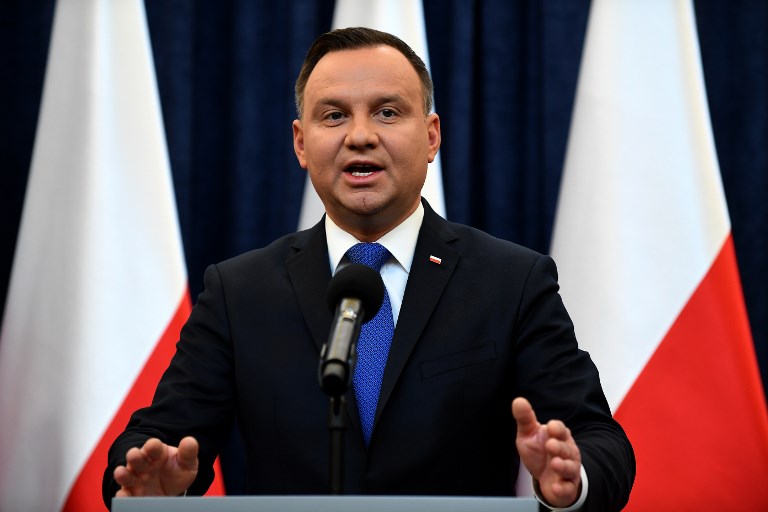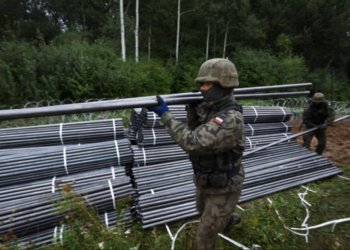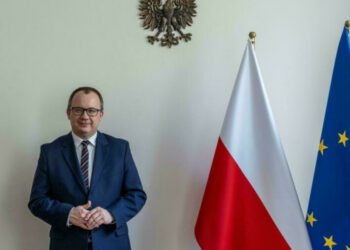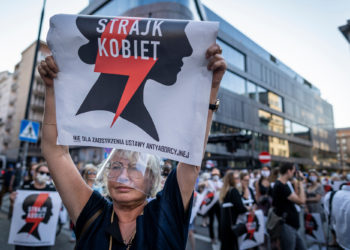The 1989 fall of the Berlin Wall marked the beginning of the end of communism in Central and Eastern Europe. As the Balkans and the Visegrad states broke the chains of communism, the world watched in wonder as the nascent democracies took their first steps of independence.
Poland stood out as a beacon of hope. Dubbed the “soaring Polish eagle,” all outward signs suggested Poland was successfully embracing liberal democratic values.
However, since 2015, the future of democracy in Poland has become less certain. The election of the right-wing populist party Law and Justice (PiS) has ushered in a new era in which the soaring eagle has become a renegade.
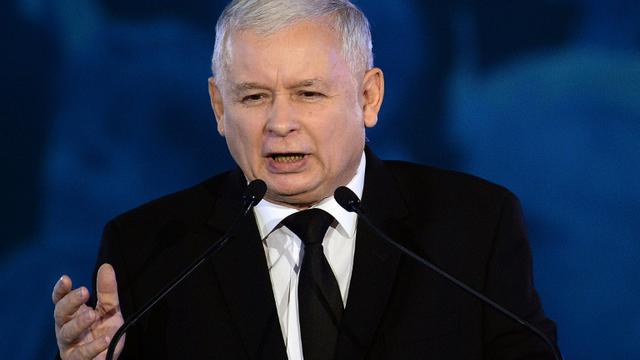
Since PiS’ elections, the country has repeatedly clashed with Brussels, particularly on judicial independence and public media. It has forced the European Union to take up Article 7 deliberations that could ultimately suspend Poland’s voting rights within the European Council. Also troubling is the country’s growing extremist sentiment regarding immigrants and other marginalized groups.
These developments leave democratic watchers wondering: what is left of Poland’s democratic transition?
Independent Judiciary
The attacks on the rule of law began in 2017 with initial legislation focused on eliminating the Supreme Court. President Andrzej Duda broke from the party line and replaced the plan with what seemed more palatable: a reduction in the retirement age from 70 to 65, wiping out approximately 40 percent of the justices effective immediately upon passage.
Among those affected was one of the most vocal critics of the government, Malgorzata Gersdorf, who serves as First President of the Supreme Court. She refused to leave her post, and encouraged others to do the same. Ultimately, PiS would abandon the retirement plan and replace it with an opaque Presidential discretion to grant three-year term extensions to more sympathetic judges.
In addition, PiS created a “Disciplinary Office,” which then formed the “Disciplinary Chamber,” effectively punishing those judges who stood in the way of the rule of law. Judge Slawomir Jeksa found himself in such a position after ruling in favor of an imprisoned citizen for using offensive language at a political rally. He cited her right to free speech. Nonetheless, a Disciplinary Prosecutor drew up charges against Jeksa. Other judges routinely receive death threats.
It is our sincere hope that Poland will now urgently address the key concerns identified by the Commission, in particular by taking urgent action before 3 July in relation to the situation of the Supreme Court judges.
— Frans Timmermans (@F__Timmermans) June 13, 2018
The government’s acts have placed the judges and courts under the thumb of the Law and Justice party. The ruling party argued reforms were needed to weed out corrupt judges educated under the Communist regime.
However, critics argue the new laws are a power grab intended to keep politically-connected judges in office indefinitely. If PiS doesn’t offer an alternative in the next two months, the country could see its funds cut in the new 7-year E.U. budget starting in 2021.
Ensuring the rule of law is what separates authoritarian regimes from democratic ones. Therefore, Poland must come into compliance with its Constitution and E.U. guidelines and repeal these laws immediately. Failure to do so must result in punitive E.U. action.
Public Media
Taking a page from the Putin playbook, the clash with Brussels began in 2016 when PiS passed legislation regarding public service broadcasters, which gave the government political control over the public media. This act effectively made state media a mouthpiece for PiS.
Intimidation of independent media followed. More recently, the Polish government has stated they will seek to “repolonize” the Polish media landscape and push out foreign media interests. For their part, PiS Deputy PM, Jaroslaw Gowin, claims the government is merely trying to ensure the majority of media is not in “foreign hands.”
Journalists and the political opposition are concerned gutting all critical voices within the remaining independent media will be next. There is a legitimate cause for alarm. During the 2018 election cycle, political opposition wasn’t afforded airtime on state-run television. By contrast, the airwaves were openly used to support PiS candidates and routinely discredit the opposition.
Leading news broadcaster TVN24 has faced intimidation from the government for its reporting on anti-government protests and investigations into Polish neo-Nazi groups.
PiS should cease its campaign against independent media as it is a critical competent to the thriving of liberal democracy. If PiS is genuinely concerned about weeding out corruption, the media is a powerful independent resource partner in this endeavor in any democracy. Therefore, they should encourage a plurality of voices instead of seeking to limit them.
Attitudes Toward Migrants
PiS has taken a hard anti-refugee stance. Claiming they have harbored over 1 million refugees from Ukraine since the outbreak of war in eastern Ukraine, PiS balks at taking any more. Critics indicate individuals are applying mainly for work permits and are not refugees. Donald Tusk, former Polish prime minister who is now European Council president, made it clear Poland must toe the line on refugees with the rest of Europe.
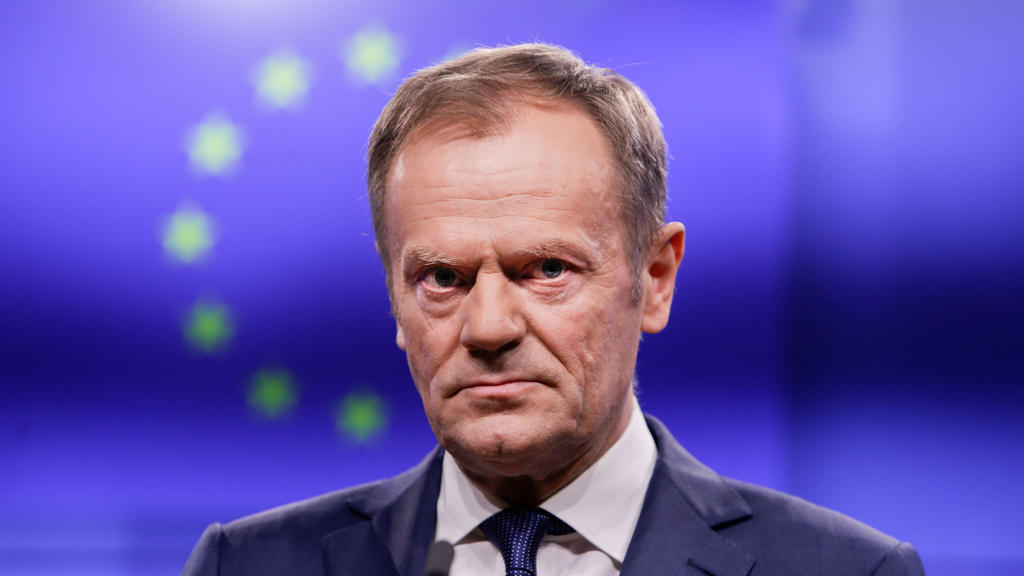
The government claims its stance coincides with public sentiment: approximately 75 percent of people polled in a 2017 government survey said they don’t support immigration from the Middle East or African nations. Meanwhile, hate crimes against Muslims increase.
Research demonstrates that Poles were among the most welcoming in Europe before 2015. However, attitudes towards Muslims were still less than desirable with 34.3 percent saying no Muslims should be allowed in 2014. The 2015 migration crisis saw a shift in attitudes. PiS campaigned on these fears, causing the number of Poles opposed to refugees to more than double between 2015-16. This polarizing result suggests beliefs are primarily elite-driven, where the leaders of PiS consistently sought to delegitimize the system and bolster their policy prescriptions. This results in a degradation of democratic norms surrounding human rights.
Given Poland’s history as refugees in the Middle East and Africa, one would imagine it would want to accept refugees. To uphold the values of democracy, Poland must do its part as Council President Tusk demands.
Freedom of Expression
While Poles still enjoy the freedom of expression and speech at an individual level, this right does not have the same protections it once had. Critics blasted a law on registration for gatherings, claiming it allows authorities to magnify some forms of public speech and mute others. Interventions or prosecutions by authorities are virtually non-existent when far-right protestors have assaulted demonstrators.
Poland’s first Equality Parade last month was marred by violence from far-right extremists with little to no police intervention. Meanwhile, Polish towns were declared “LGBT free zones.” Justice is unlikely to be seen.
The protection of vulnerable groups is an integral piece of democratic survival. All people within a society have the right to human dignity and equal protection under the law. Without these tenants, it is easy to devolve into the oppression and authoritarianism of the past.
What’s Left of Poland’s Democratic Transition?
If we look at the data from a different angle, however, there could be hope. Of those who voted in the 2015 election, over 49 percent did not vote for PiS or far-right parties. Thousands have taken to the streets to stop the worst excess of PiS on multiple occasions. New civil society is forming, and local action groups are pushing for accountability.
The upcoming election this fall will be a fight for the heart of Polish democracy.
Democracy is deliberative. Reversing the damage will require significant sweat equity from both the people and a new set of political leaders dedicated to democratic ideals.
PiS’ polarizing effect has been empirically shown to be elite-driven. This naturally leads to the conclusion that a democratically-minded set of leaders who support democratic norms could steer Poland back towards its Constitution, and in turn, Europe.
In the meantime, the E.U. must hold the line, lest it undermines democracy and its authority in the world.
Disclaimer: The views and opinions expressed here are those of the author and do not necessarily reflect the editorial position of The Globe Post.

